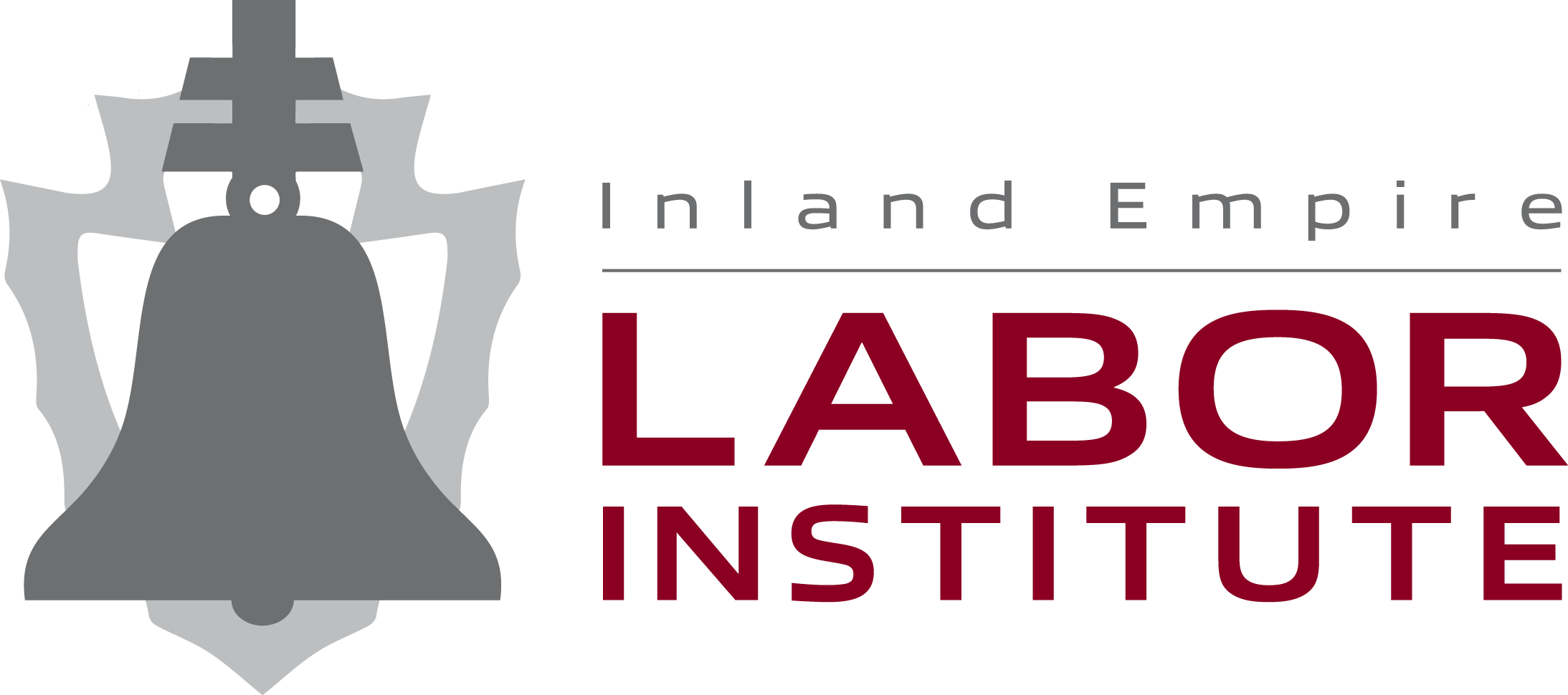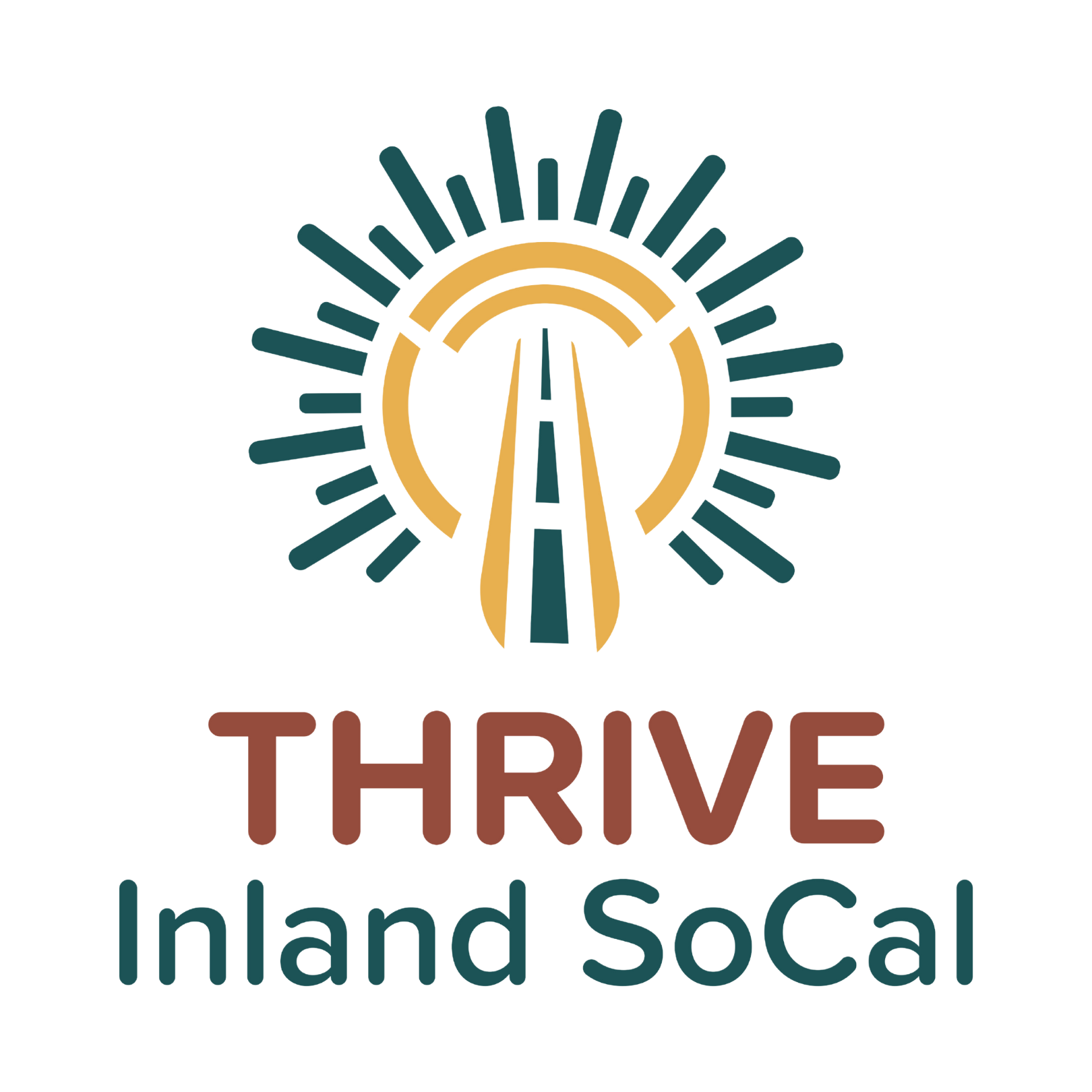Economic development is a powerful tool for shaping the future of our communities—and in the Inland Empire, the need for thoughtful, inclusive development has never been more urgent.
For far too long, leaders and developers in our region have focused their investments almost exclusively on the logistics and warehousing industry. While this sector has brought jobs to the area, it has also created significant challenges. Many of the positions offered are low-wage, with limited opportunities for advancement. In addition, the industry’s heavy environmental footprint has contributed to worsening air quality, raising serious public health concerns for families in the IE.
Even more concerning is that the logistics industry—once seen as a stable economic engine—is showing signs of decline. Automation, shifts in global trade, and economic volatility have all contributed to reduced job growth and uncertainty in this sector. It’s clear: relying on a single industry to carry our local economy is not only short-sighted, it’s unsustainable.
That’s why economic development must be reimagined and led by the communities it’s meant to serve. The people of the Inland Empire are skilled, creative, and resilient. We deserve an economy that reflects those strengths—one that is diversified, equitable, and built for long-term stability. We must invest in a broader range of industries, including clean energy, healthcare, education, the arts, and technology—sectors that offer quality jobs, economic mobility, and healthier outcomes for our communities.
Economic development isn’t just about creating jobs—it’s about creating good jobs. Jobs that pay living wages, offer dignity and benefits, and provide pathways for growth. It’s about putting decision-making power in the hands of workers and communities, and building an economy that works for everyone—not just a few.
That’s why we’re committed to being at the forefront of defining what economic development should look like in the IE. We believe in a future where all people have the opportunity to thrive—and we’re working to build that future, together.
ABOUT THRIVE INLAND SOCAL
What is Thrive Inland SoCal?
A Regional Investment Initiative, in partnership with California Jobs First, with the Inland Empire Labor Institute and Inland Economic Growth and Opportunity as the Regional Co-Conveners, and the Inland Empire Community Foundation serving as the Fiscal Agent, carrying out necessary responsibilities as required by the State of California.
Worker Owned Cooperatives
Why Cooperatives?
In the Inland Empire, the dominance of the logistics and warehousing industry has created a landscape where many workers are stuck in low-wage jobs with little to no job security, limited opportunities for advancement, and minimal say in their working conditions. While these jobs may support short-term economic activity, they often fail to provide the stability and dignity that families need to truly thrive.
To build a more equitable and resilient local economy, we must think beyond traditional models—and begin to create systems that put people and communities first. One powerful solution is the worker cooperative.
In a region that has long been shaped by extractive industries, cooperatives represent a bold, people-centered alternative. They show us what’s possible when we invest in workers, support one another, and take collective ownership of our work and our future.
We believe that by building and supporting worker cooperatives, we can create a more just, inclusive, and thriving Inland Empire—one where all people have the opportunity not just to survive, but to lead and flourish.
Principles of Cooperatives
1. Open Membership
Cooperatives are voluntary organizations, open to all persons without gender, social, racial, political or religious discrimination.
2. Democratic Control
Cooperatives are committed to full democratic participation of the members based on the principle of “one member, one vote”
3. People First
The cooperative is centered around the people who perform the work, with wealth distributed based on one’s contribution of labor and a commitment to sustaining quality jobs.
4. Capital Second
Unlike a traditional business, profits serve the collective interests and values of the workers rather than a few investors.
5. Participation in the management
Worker-owners actively participate in the ownership and management of their business.
6. Wage solidarity
Cooperatives pay all workers fair wages, maintaining a smaller difference between the highest paid and the lowest paid workers than traditional businesses.
7. Cooperative Solidarity
Cooperatives work together with other cooperatives to strengthen the national co-op movement for workers across the country.
8. Care for Community
Cooperatives are not only committed to transforming work for their members; they are committed to transforming their local communities as well by making policies that reflect a concern for their community.
9. Universality
Cooperatives support economic democracy in all areas of life and around the globe.
10. Cooperative Education
Cooperatives promote cooperative values and knowledge by educating their members and local community about the benefits of cooperatives.



